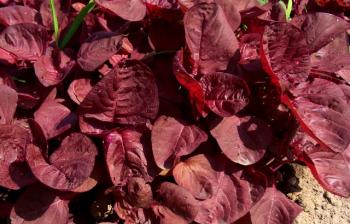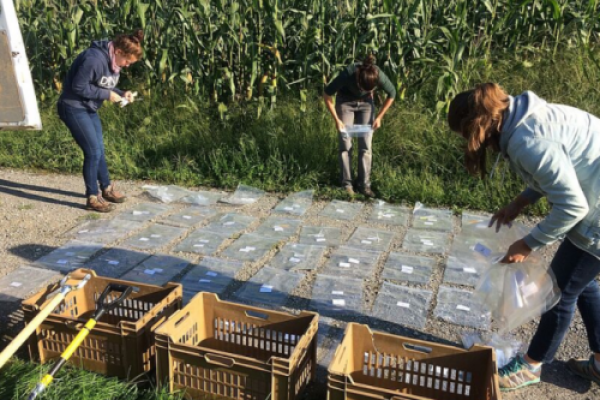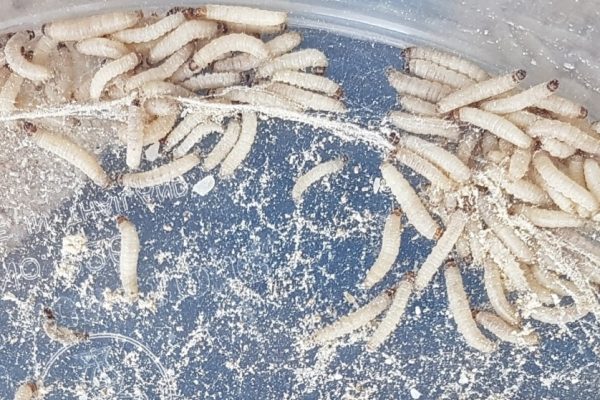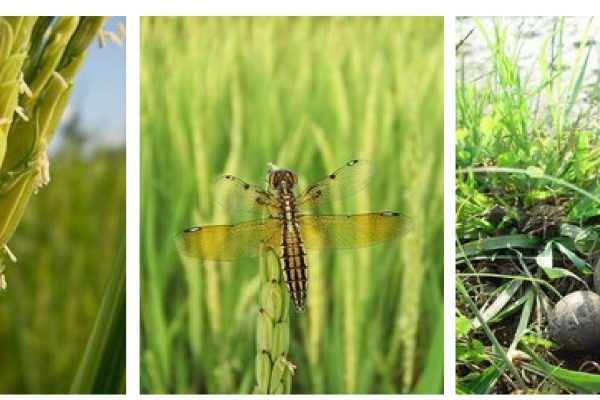
Variety Characteristics
High nutritional value (has anti-oxidants) Big red leaves and stalks, good taste. Can be grown both for consumption and as an ornamental
Soil and Climate
Easy to care for. Prefers sandy loam soil with good drainage, likes sun, can be grown all year round. If grown for seed, best planted in November.
Planting Suggestions
Best grown in the open. Sow the seed with wide spacing in a prepared plot. Cover with (rice) straw to keep moist. Water till moist daily.
If growing to eat sow with wide spacing, if planting for seed, plant seeds (or seedlings) with a spacing of 40 x 50 cm.
Care
Fertilizer again with compost or aged manure when 30 days and again at 55-60 days before flowering (observe the crop to see if enough fertility if not may fertilize again)
When watering, should water evenly in the right amount, not leaving them dry or over watering (observe the planting soil)
Pests and Diseases
No diseases observed, but some insects will eat leaves. Manual removal is sufficient.
Harvesting
From 20- 25 days can start harvesting. Even once the stalk is getting old, one can still harvest leaves.
Seed Saving
At about 55- 60 days will start flowering. At about 70 days look to see if the seeds which are around the flowering stalk are dry. If the flowers and leaves are yellow and/ or brown, you may harvest the plants to dry. Dry in the sun 3-4 days. Then take the dry plants and shake and rub them in a sack to remove the seeds. Then take the seeds and remove any covering and use a paper to fan away foreign matter. Then use a fine meshed screen to sort out the seeds. Keep in a paper bag marked with the name of the variety, day, month, and year of harvest. Fold this paper bag and put into a plastic bag. Keep in the refrigerator for better longterm germination and minimal seed respiration. If so stored, can keep for over 2 years.



